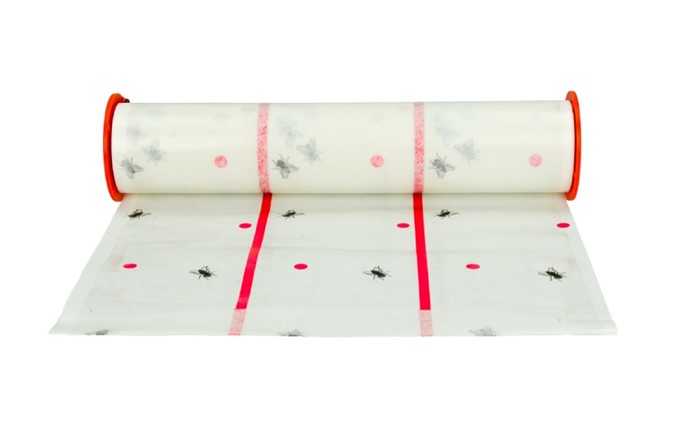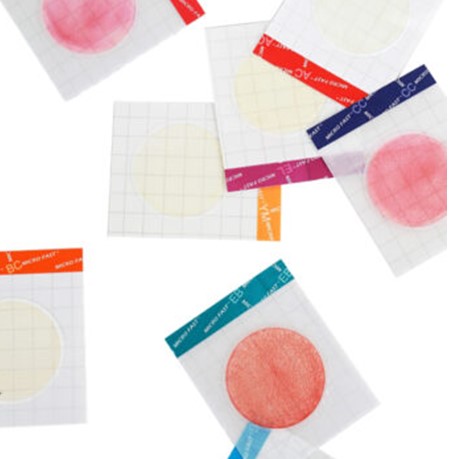Dvorkovich answered the question whether the current economic crisis is the most difficult
The most difficult crisis in the history of modern RUSSIA was the economic situation in the 1990s, said former Deputy Prime Minister and FIDE President Arkady Dvorkovich in an interviewFORBES .
"The most difficult one was in the early 90s, and it resulted in the collapse of the economy not by 10%, but by 60%. It was the most difficult crisis. I still consider the 2008-2009 crisis to be the next largest, since it was global and its consequences were more long-term. I think that the current crisis from a purely economic point of view is not necessarily long-term. It can be overcome fairly quickly, in a few years, if geopolitical problems are resolved," he said.
According to Dvorkovich, after the end of the crisis, "one way or another" there should be an intensification of world trade. In the current situation, there are more "barriers" and "mistrust" towards Russia than there was in the late 1990s. But then there was a serious outflow of capital. Now, the economist believes, it is necessary to create attractive conditions for investors and "for now we have to live without foreign investors", although it is better when there are both foreign and domestic investors.
In the interview, the former deputy prime minister also said that he does not consider sanctions to be a benefit for the country . According to him, if we say so, it means “that we are not able to do anything without external pressure.” “This speaks badly of us, and does not speak well of the sanctions. Sanctions are still bad, there is nothing good about them. They are detrimental to everyone in the global economy,” he emphasized.
Dvorkovich noted that innovations are very relevant for Russia now, "because we have to do much more ourselves." However, he pointed out that in Russia, innovations "are industrial in nature," not mass. "We do not have a culture of innovations in the sense that we have a different attitude to failure and success. Success is too envied, sometimes people are jailed for failure, or at the very least, they are too humiliated," he said.
Dvorkovich, 52, worked in the Ministry of Economic Development and Trade, the Presidential Administration, and was an aide to President Dmitry Medvedev. From 2012 to 2018, he was his deputy in the government — Medvedev was prime minister during those years.



























































